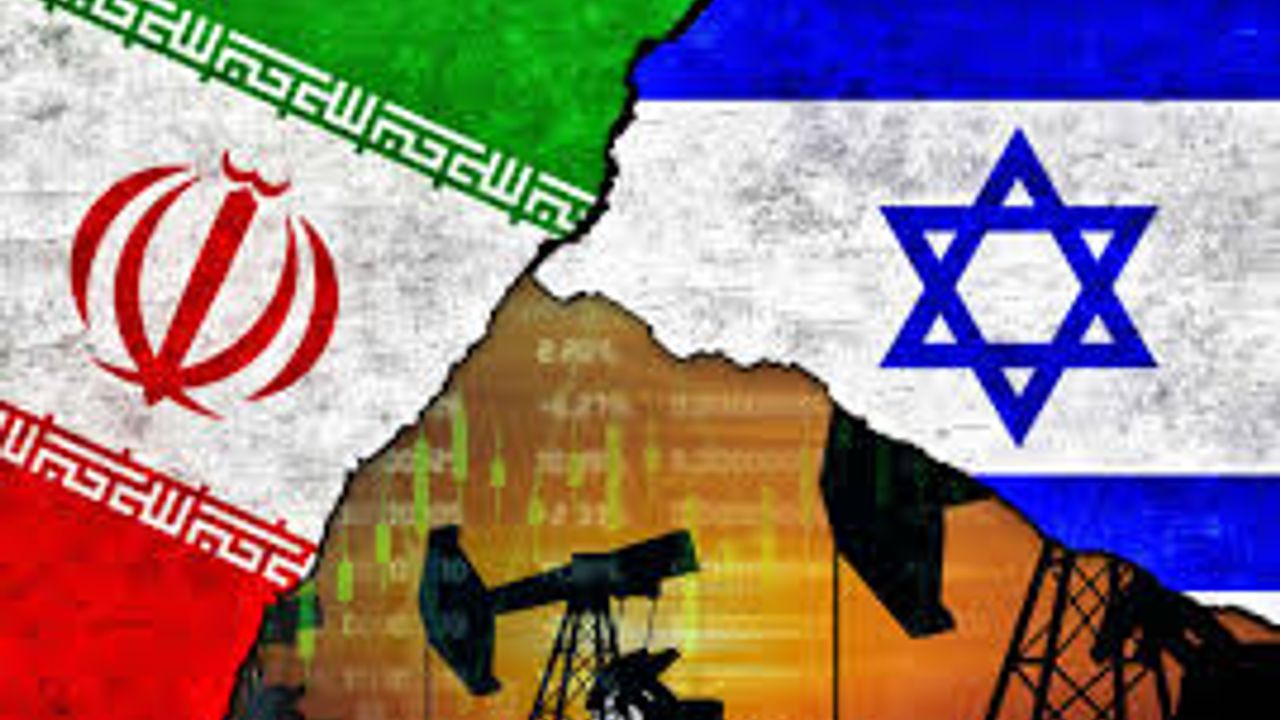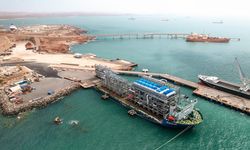Brent crude, the global oil benchmark, saw a significant increase of 1.8% to $88 a barrel, while gold briefly approached record highs before settling around $2,400 an ounce.
The escalation stems from Iran's direct drone and missile attack over the weekend, prompting close scrutiny of Israel's response. Concerns over potential disruptions to oil supplies in the Middle East have heightened investor anxiety.
Initially, oil prices surged by as much as 3.5%, but retreated somewhat after Iranian state media claimed minimal damage in Isfahan province, contradicting earlier reports of explosions.
Sharp increases in oil prices pose inflationary risks, impacting countries heavily reliant on the commodity for fuel production. This trend has been a key driver behind rising global living costs in recent years.
Randeep Somel, a fund manager at M&G Investment Management, highlighted concerns over inflation, particularly in the UK where rates remain above the Bank of England's 2% target. Some economists suggest interest rate cuts may not occur until later in the year.
Amidst uncertainty, gold prices often rise as investors seek safe-haven assets. Tensions in the Middle East have also raised concerns regarding shipping through the vital Strait of Hormuz, responsible for a significant portion of global oil transportation.
The initial spike in oil prices reflects fears of heightened conflict between Israel and Iran, illustrating the fragile and volatile nature of the Middle East situation, according to energy market expert Vandana Hari of Vanda Insights.
The market response extended beyond oil and gold, with Asian stock markets experiencing declines on regional tensions. Japan's Nikkei 225, Hong Kong's Hang Seng, and South Korea's Kospi all recorded losses, reflecting broader concerns over the geopolitical landscape.







